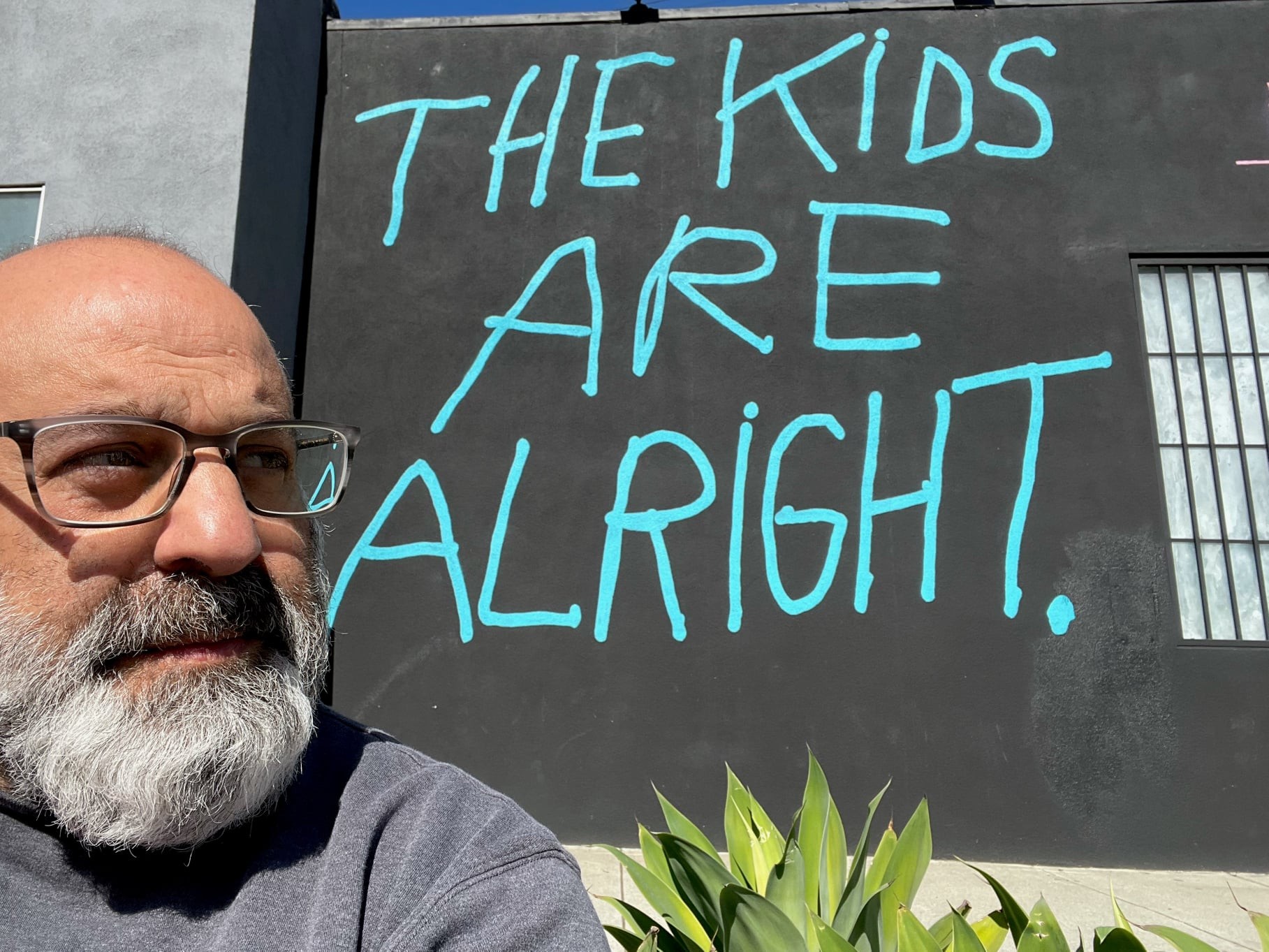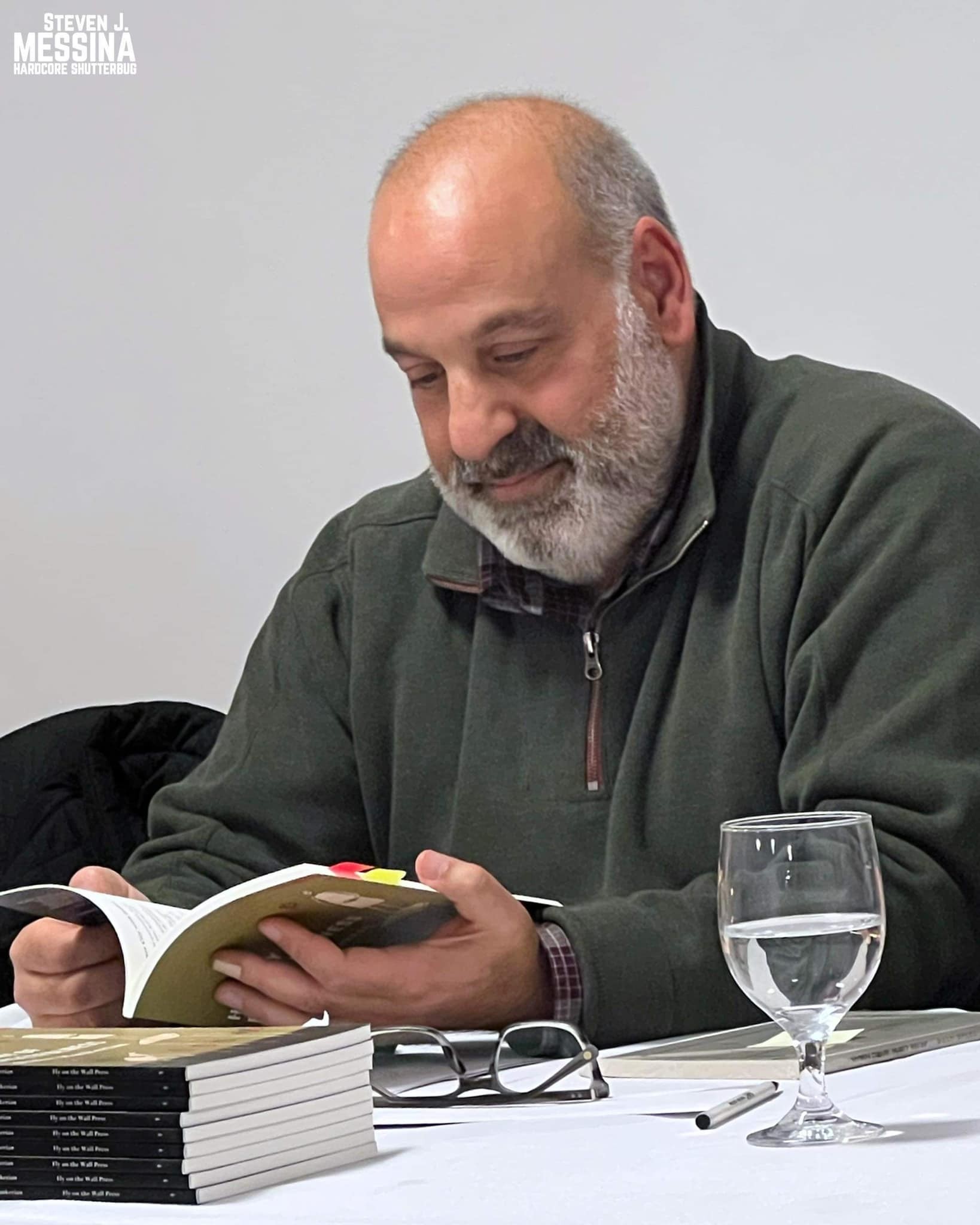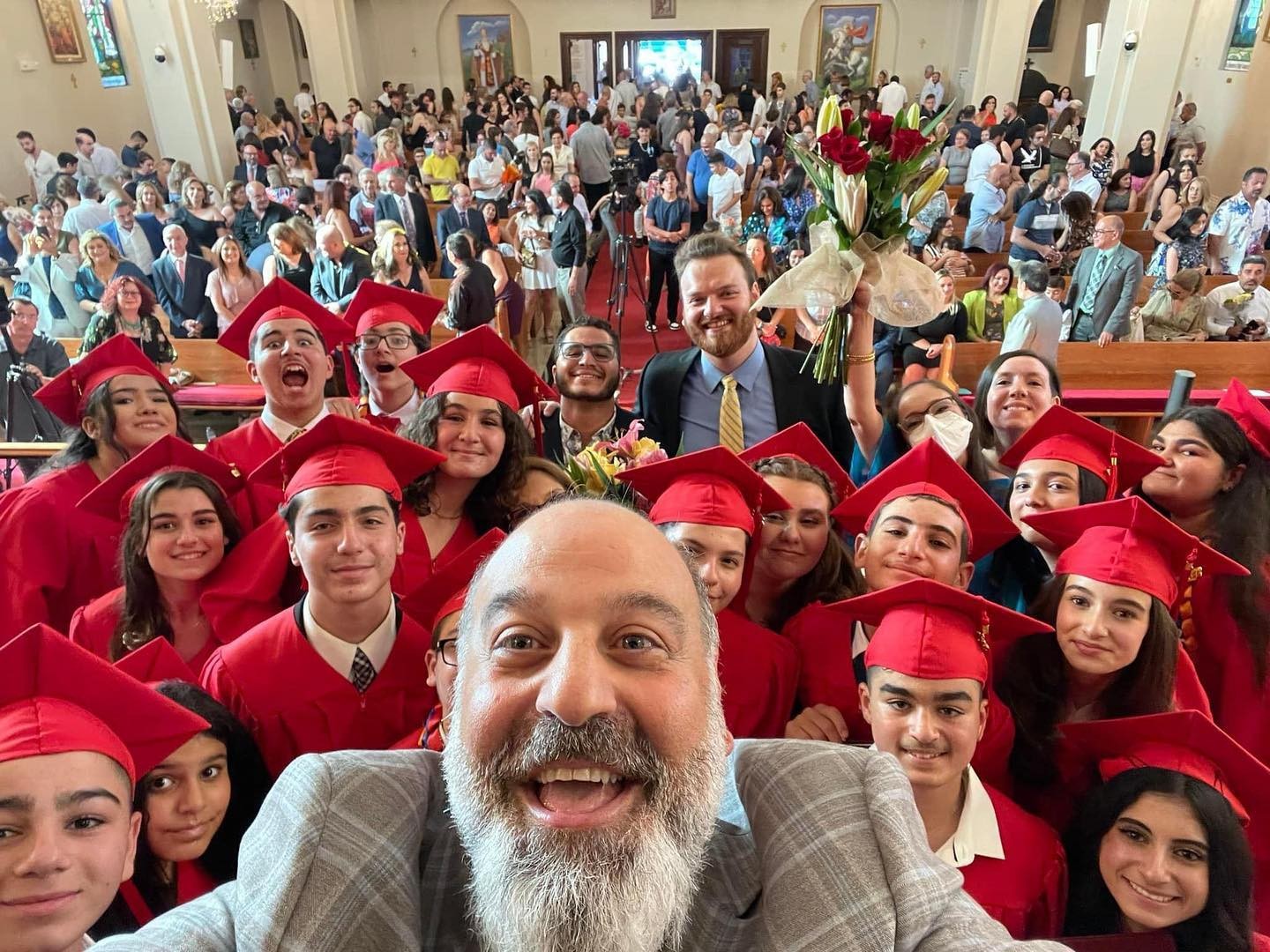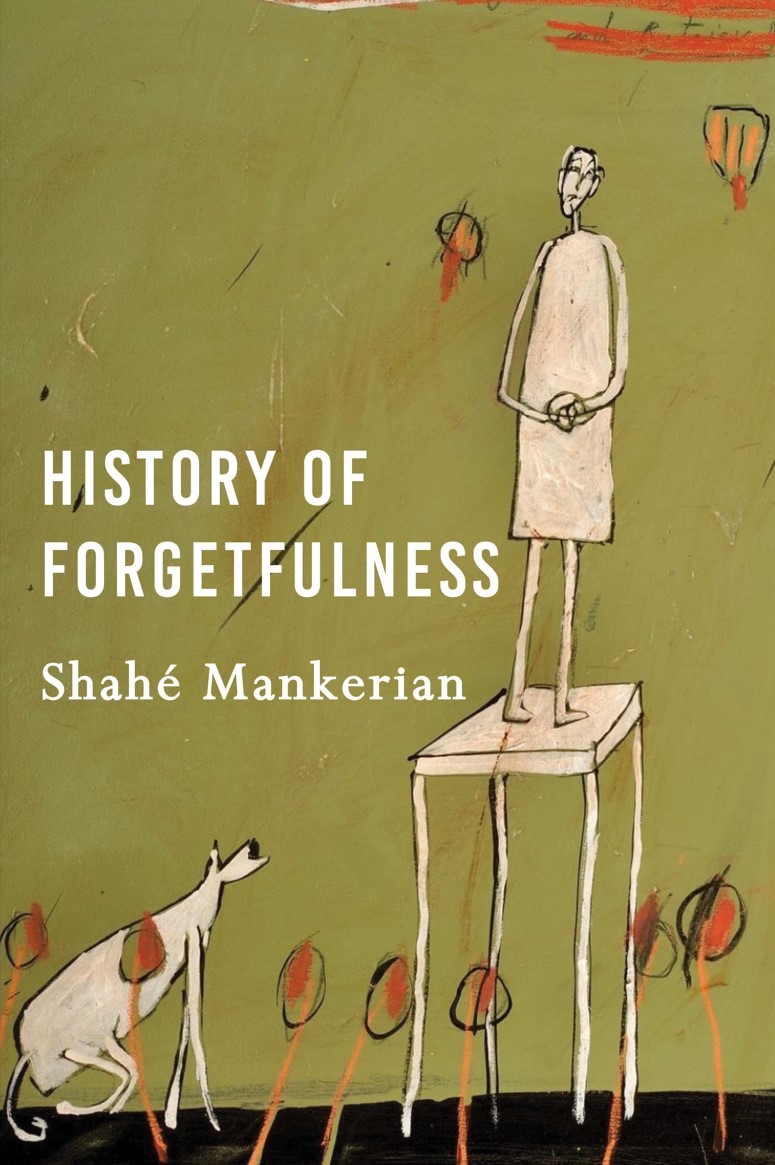
Today we’d like to introduce you to Shahe Mankerian.
Hi Shahe, we’re thrilled to have a chance to learn your story today. So, before we get into specifics, maybe you can briefly walk us through how you got to where you are today?
When your childhood is warped by a civil war, you’re bound to gravitate toward a weapon. I chose the pen. I was born in Beirut, Lebanon right before the infamous Civil War. I was lucky enough to have a father who loved to collect books and a mother who loved to recite poetry.
Therefore, words became my friends. Initially, I wrote stories and plays in Armenian because I grew up in an Armenian household, but when we migrated to Los Angeles, I started writing in English in order to gain a sense of comfort in the new language. The easiest form to master the English language was through poetry since I didn’t have to write long, tedious sentences, or I didn’t have to gain an expertise in punctuating sentences. I listened and learned from great teachers/poets along the way: Dr. Thelma Reyna, Ron Koertge, Suzanne Lummis, and Dr. Timothy Steele. Each added a new layer to my writing. I went to California State University, Los Angeles and received my graduate degree in English with an emphasis in poetry. Simultaneously, I started teaching language arts to Armenian middle school students and advocated for poetry to be the basis of every lesson.
Eventually, I became the principal of St. Gregory A. & M. Hovsepian School in Pasadena, where I continue to teach and administer as a poet. During the pandemic, my first poetry book HISTORY OF FORGETFULNESS was published by Fly on the Wall Press in the U.K. in 2021. The book received generous writeups both in The Los Angeles Review (https://losangelesreview.org/
We all face challenges, but looking back would you describe it as a relatively smooth road?
Initially, the greatest obstacle as a poet was to master a new language and forego the plaguing insecurities as immigrants. I had difficulty finding like-minded students in the public high school I attended. I was lost in a sea of unfamiliarity and conformity. College was different; I was able to find a cluster of poets and writers with the drive to be courageous through creativity. I took Ron Koertge’s poetry class at Pasadena City College, and he encouraged me to submit my poems to publications. I learned to overcome a slew of rejection letters. Once I was able to amass enough poems for a manuscript, the task of finding a publisher became the challenge. It took me twenty years to find home for my first book. The home happened to be across the pond in the United Kingdom.
As an educator, I’ve been in love with teaching from the first day I set foot in a classroom. I also knew middle school students were my favorite bunch because learning and teaching became reciprocal. They taught me how to be a guide on the side rather than a sage on the stage.
As an administrator, nothing was more difficult than navigating a school community through a pandemic. It was a challenge that the servants of education had never faced before, and the end never seemed to be in sight. Being on Zoom sucked the joy out of teaching and administering. Yet, on the bright side, the pandemic forced us to become more creative and resourceful, and that, I guess, was the silver lining.
Alright, so let’s switch gears a bit and talk business. What should we know about your work?
As a child, I might’ve been diagnosed as someone with ADHD. I was the epitome of hyperactivity. The only time I settled down was when someone was telling a story or when I was watching a movie. I guess that’s my other attraction to poetry. I love the compactness of the form; its seductive speed. Yet, simultaneously, a well-written poem allows me to pause, and slow down. It forces me to pay attention.
In Koertge’s class at PCC, we were urged to write poems that were filmable; poems that told visual stories. In retrospect, it made sense to combine two of my passions into a poem, cinematic storytelling. I guess each poem in my first book, HISTORY OF FORGETFULNESS, would qualify as a separate nugget of film.
So, before we go, how can our readers or others connect or collaborate with you? How can they support you?
I love the quote by Jorge Luis Borges: “Poetry is not the books in the library. Poetry is the encounter of the reader with the book, the discovery of the book.” Without a reader, a poet buries his/her work in cabinets full of dust or in desktop folders. If there is a reader, there is a collaborator to keep a poet’s vision alive. The best way to support a poet is to attend public readings, to purchase publications dedicated to poetry, to make poetry purposeful and relevant. That’s why I love going into the classroom to teach as a principal-poet. My mission is to allow children to play with words. I want to ignite the passion for future wordsmiths and lexophiles.
Pricing:
- Fly on the Wall Press: History of Forgetfulness by Shahe Mankerian £9.99 (https://www.flyonthewallpress.co.uk/product-page/history-of-forgetfulness-by-shahe-mankerian)
- Amazon: History of Forgetfulness | $11.44
- Barnes & Noble: History of Forgetfulness | $13.99
Contact Info:
- Instagram: shahemankerian
- Facebook: shahe.mankerian
- Linkedin: shahe-mankerian
- Twitter: @baronshahe
















